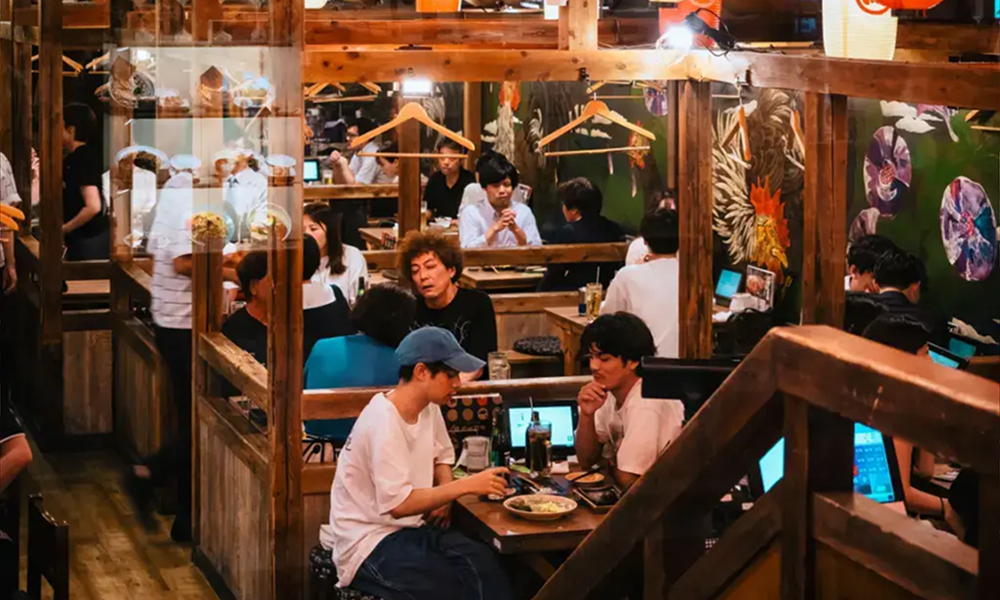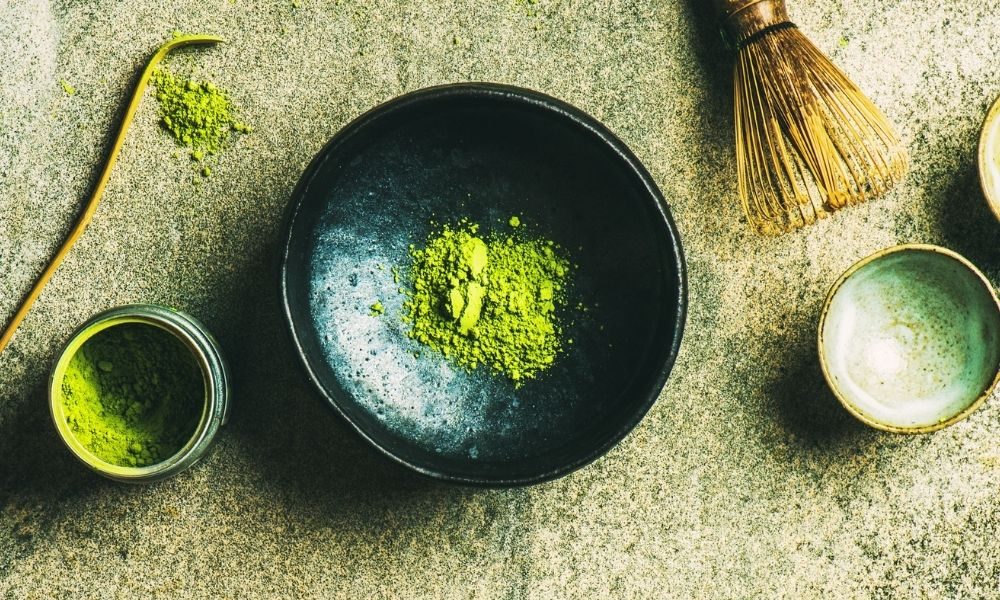Konnichiwa! 皆さん、こんにちは!I’ve learned a thing or two about how to navigate these casual dining spots. Having spent two years working in the lively world of Japanese izakayas. And let me tell you, there’s nothing quite like dropping some easy Japanese slang to break the ice and connect with the locals.
When visiting Japan using easy Japanese slang can add a whole new dimension to your experience. Especially in laid-back settings like izakayas and family restaurants. It shows you’re making an effort to understand Japanese culture on a deeper level. It can bring a smile to the faces of those who might not expect a foreigner to know such casual lingo.
Think of it as a secret handshake, a way to show you’re in the know. Like you’re saying, “Hey, I get it! I appreciate the nuances of your amazing food culture.”
But before we dive into the slang, let’s talk a bit about what makes izakayas so special. These aren’t just places to grab a drink and a bite. They’re vibrant hubs of social interaction, where laughter and conversation flow as freely as the beer.
Here Are a Few Things That Make Izakayas Unique

- The Otoshi: This is a small dish, like edamame or pickled vegetables, that’s brought to your table as soon as you sit down. Think of it as a cover charge, but it’s also a tasty way to kick off your meal.
- Sharing is Caring: People often serve Izakaya food in small portions. They’re perfect for sharing with your companions. This encourages a sense of community and allows you to try a variety of dishes.
- Seasonal Specialties: Izakayas often feature seasonal ingredients, so you can savor the freshest flavors of the season.
- Lively Atmosphere. Japanese people know izakayas have a lively atmosphere. With chatter, laughter, and the clinking of glasses filling the air. It’s a great place to experience the Japanese spirit of camaraderie.
Now, let’s get to the good stuff – the slang! Here’s a guide to easy Japanese slang to use in restaurant and izakaya that can add a bit of humor to your experience. It might even make you new friends!
10 Easy Japanese Slang and Phrases to Use
1. TKG – Tamago Kake Gohan (卵かけご飯)
Let’s start with a classic. “TKG” is an abbreviation for tamago kake gohan, which means “rice with raw egg.” This simple, delicious dish involves cracking a raw egg over a bowl of hot rice, adding soy sauce, and mixing it.
TKG is popular for its creamy texture and rich flavor. Calling it by this shorthand will instantly make you sound like you know your stuff.
How to Use It: When ordering, simply say, “One TKG, please!”. It’s bound to get a chuckle from locals who may be surprised to hear a foreigner use this term.
2. Potasara – Potato Salad (ポテサラ)
Potato salad in Japan is not your average side dish. Creamy, slightly sweet, and sometimes comes with ingredients like cucumber and carrots for added texture. The term “potasara” is an abbreviation of potato salad. Using it shows you’re familiar with Japanese food culture’s little quirks.
How to Use It: When ordering, confidently say, “Could I get some potasara on the side?” This small gesture can make your dining companions laugh or give a thumbs-up, signaling that you know the shorthand well.
3. Katsuage – Breaded and Fried Dishes (カツ揚げ)
“Katsuage” refers to breaded and fried items (katsu), and the “-age” is a suffix for fried foods. It’s a playful way to order fried pork cutlets, shrimp, or chicken. Perfect for an izakaya setting where lighthearted lingo is appreciated.
How to Use It: You could say, “I’m craving some katsuage tonight!” or “Let’s add a katsuage to our order!” This term is catchy, and locals will appreciate your attempt to order in slang.
4. Uron Hai – Oolong Highball (ウーロンハイ)
Uron hai is a cocktail made with oolong tea and shochu (Japanese distilled liquor) or sometimes whiskey. A popular refreshing drink at izakayas, slightly bitter but easy to drink. Knowing the shorthand here can impress your Japanese friends and gives you an instant go-to drink.
How to Use It: Try saying, “One uron hai, please!” It’s a simple order, but it’s unexpected to hear foreigners ask for it using the slang. Just remember to pace yourself – uron hai can go down easily!
5. Choi Tashi – Add a Little Extra (ちょい足し)
In Japan, customization isn’t as common as it might be elsewhere. But the phrase choi tashi, meaning “just a little extra,” can be handy when you want to add something to a dish. Maybe a touch more soy sauce, extra wasabi, or a pinch more chili. It’s a small, humble way to ask for more without seeming demanding.
How to Use It: You could say, “Can I get a choi tashi of wasabi?” or “Choi tashi of soy sauce, please.” This request will show off your understanding of polite Japanese dining culture while keeping things fun.
6. Kasshoku – House-made Dishes (カッショク)
“Kasshoku” often refers to food prepared in-house or made fresh, which is highly valued in Japan. Using this term shows you appreciate authenticity and the effort that goes into preparing each dish.
How to Use It: When asking about a dish, try saying, “Is this kasshoku?” A simple way to show you’re not just looking for something trendy, but something lovingly crafted.
7. Ossan Kai – Group of Middle-Aged Men (オッサン会)
“Ossan kai” is a playful term used to refer to a gathering of older men enjoying drinks together. If you’re at an izakaya with a mixed-age group, and there are some older men among you, throwing in this phrase can break the ice. Ossan literally means “middle-aged man”. While people often use ossan kai in a lighthearted way to refer to a jovial group of guys.
How to Use It: If your group includes a few older men, say with a grin, “Looks like we’re having an ossan kai tonight!”. It’s bound to get a laugh, as you’re playfully acknowledging the mix of ages.
8. Umai – Delicious! (うまい)
While oishii is the more polite term for “delicious,” umai has a more casual tone. Often used by locals in relaxed settings like izakayas. Saying umai enthusiastically after your first bite or sip shows appreciation for the food. It signals that you’re comfortable in a casual setting.
How to Use It: After taking a bite of something particularly tasty, exclaim, “Umai!” People around you will appreciate your authentic reaction and might even join in with their own responses.
9. Ramen Teru – Ordering Ramen ‘Teru’ Style (ラーメンテール)
Teru style refers to ordering ramen with extra richness or added ingredients, such as more garlic or oil. A way to personalize your ramen experience, making it richer and more flavorful.
How to Use It: When ordering ramen, you may say, “I’d like my ramen teru style, please.” This request will get some smiles as it’s a fun, local way to order your meal.
10. Bon-chan – Friendly Nickname for Beer (ボンちゃん)
Beer, or biru in Japanese, is a staple at izakayas. But for an added touch of humor, you can refer to your beer as Bon-chan. It’s a way of giving your beer a friendly nickname, personifying it as a companion for the evening.
How to Use It: When ordering, try saying, “One Bon-chan, please!” The server may laugh, and it’s a lighthearted way to interact with the staff.
Using Easy Japanese Slang to Break the Ice
Using slang in Japan can feel risky, but these easy Japanese slang and phrases are a great way to show locals that you appreciate their food culture and are trying to fit in. You should remember to gauge the atmosphere; in some places, formal language is preferred. While in others, such as izakayas, these terms will make you seem approachable and culturally savvy.
Try these slang words on your next visit, and you’ll surely earn smiles and maybe a few laughs. Who knew Japanese dining could be this much fun?
If you are a beginner in the language of Japanese here is an article to help you! You may also choose to learn online, if that is your preferred method.
p.s
We’re thrilled to announce an exclusive Christmas Sales Campaign coming soon, just for our beloved Anime in Japan readers! 🎄✨
Get ready to unwrap amazing deals and—here’s the exciting part—a special surprise gift awaits you! 🎁
Stay tuned for the big reveal—it’s going to be a holiday treat you won’t want to miss! 🌟










